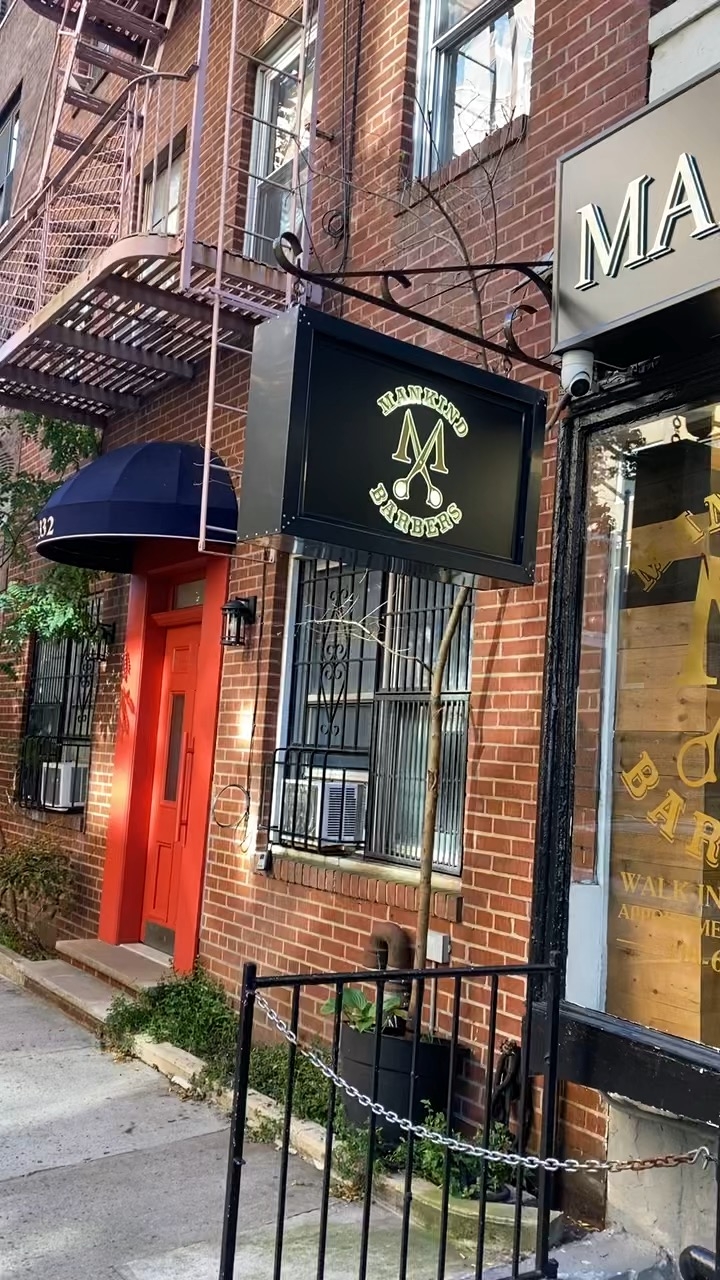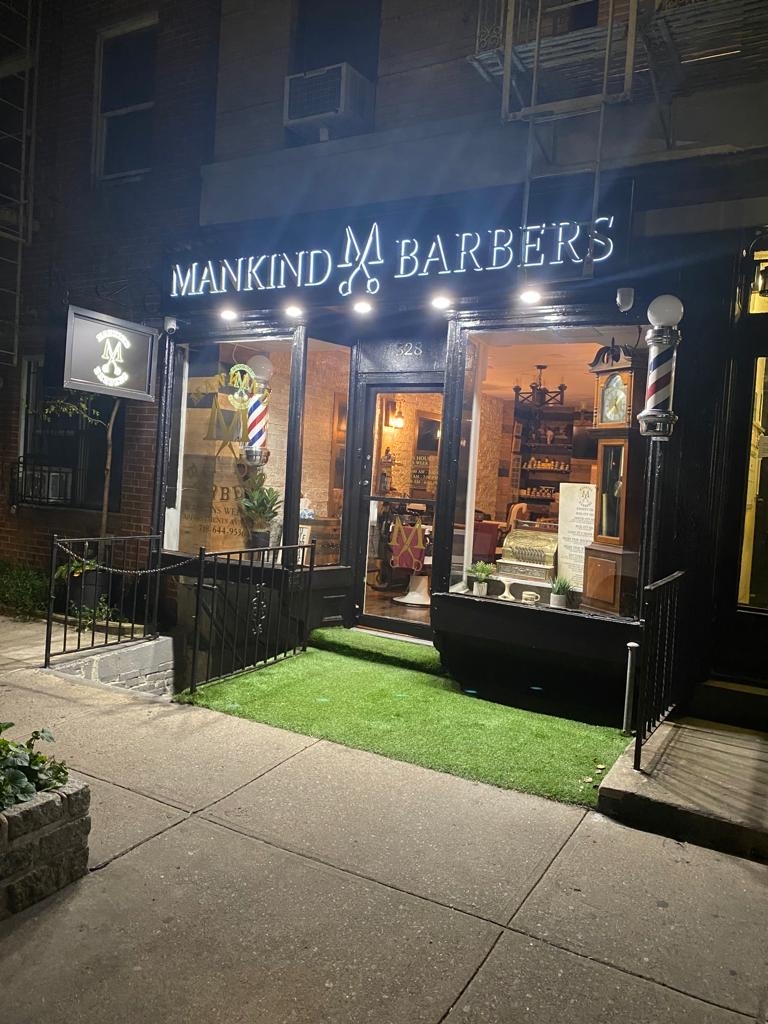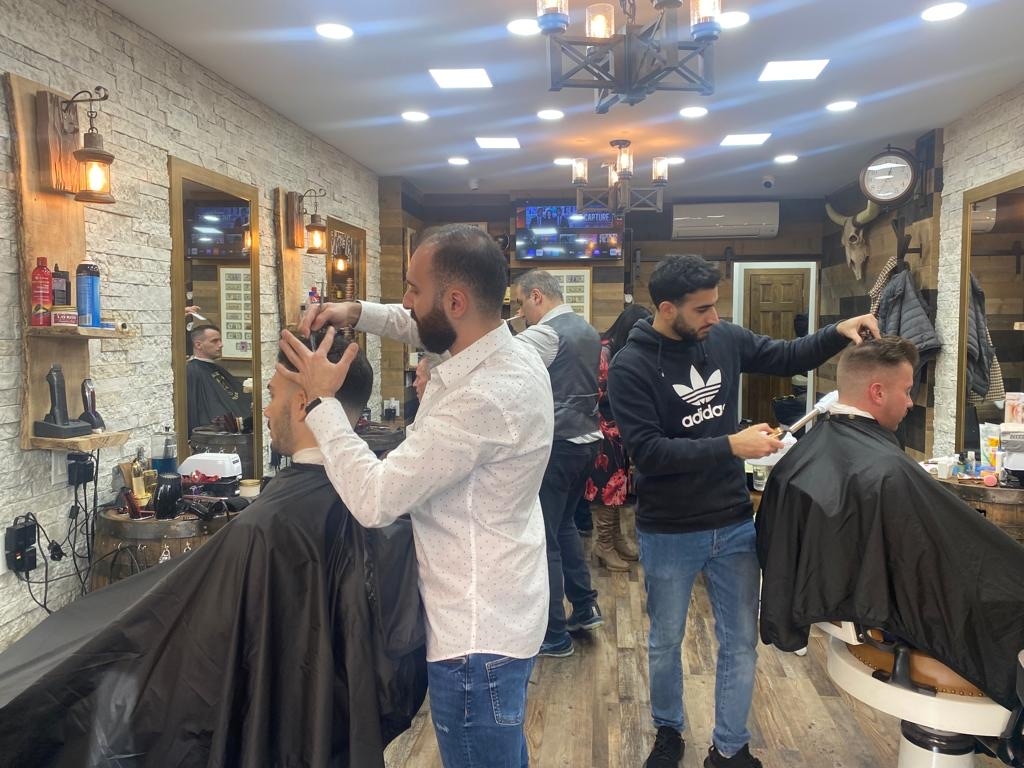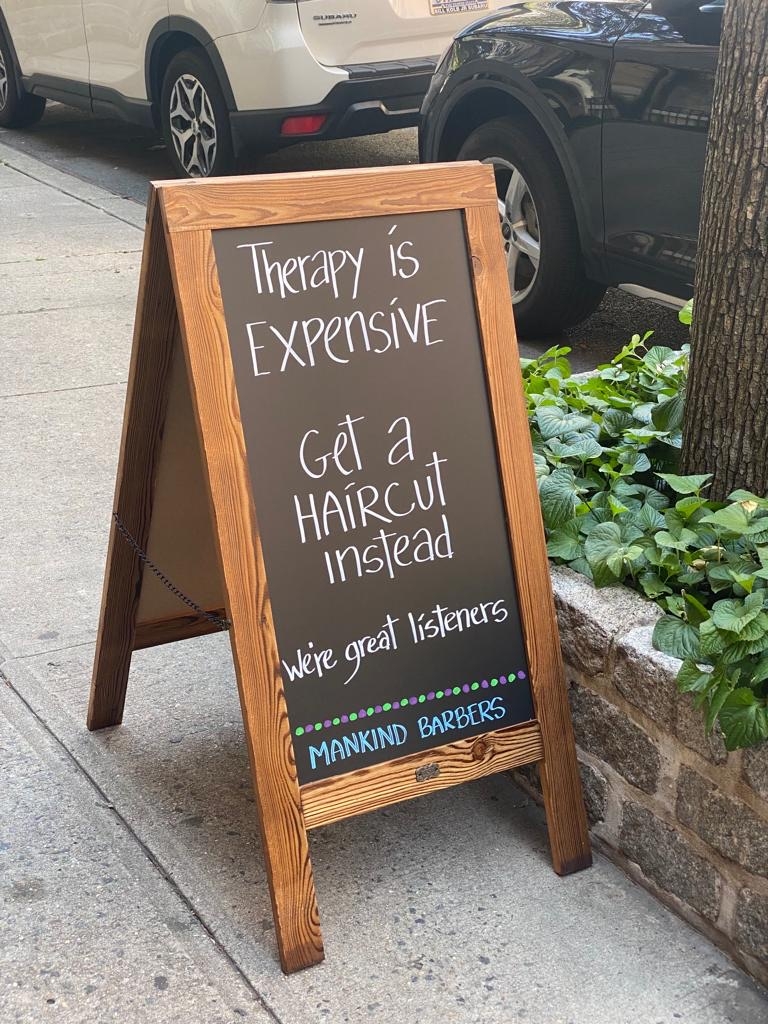

Tribeca Barber Shop has a rich history dating back several decades, establishing itself as a staple in the community. With over 30 years of operation, Tribeca Barber Shop has built a reputation for providing high-quality grooming services to its loyal clientele.
Tribeca Barber Shop offers a wide range of services to cater to the diverse needs of its customers. From classic haircuts and beard trims to modern styling and hot towel shaves, the barbers at Tribeca Barber Shop are skilled in various techniques to ensure each client leaves looking and feeling their best.
Tax write-offs for barbers can be a great way to save money on taxes. Barbers can take advantage of a variety of deductions and credits to reduce their taxable income and save money. Here are some of the most common tax write-offs for barbers in 2024. 1. Professional Expenses: Barbers can deduct expenses related to […]

Posted by on 2024-01-02
youtube.com/watch
Posted by on 2023-11-13
youtube.com/watch

Posted by on 2023-11-07
When it comes to hair care, most people focus on styling and coloring their hair, but they overlook the importance of having clean hair before a haircut. Not only does shampooing your hair before a haircut make the barber’s job easier, but it also has many benefits for the health and appearance of your hair. […]

Posted by on 2023-08-08
What sets Tribeca Barber Shop apart from other barbershops in the area is its commitment to personalized service and attention to detail. The barbers at Tribeca Barber Shop take the time to understand each client's unique preferences and deliver tailored grooming experiences that exceed expectations.

Customers at Tribeca Barber Shop can take advantage of special promotions and discounts offered regularly to show appreciation for their continued support. Whether it's a discounted haircut for new customers or a loyalty program for returning clients, Tribeca Barber Shop strives to make grooming services accessible to all.
The barbers working at Tribeca Barber Shop are highly qualified professionals with years of experience in the industry. Trained in the latest grooming techniques and trends, the barbers at Tribeca Barber Shop have the skills and expertise to deliver top-notch services to every client who walks through the door.

Customers have the convenience of booking appointments online at Tribeca Barber Shop to secure their preferred time slot and avoid waiting. While walk-ins are also welcome, booking online ensures a seamless and efficient grooming experience for those with busy schedules.
In addition to its grooming services, Tribeca Barber Shop also offers a selection of grooming products and accessories for sale. From premium hair care products to styling tools and beard oils, customers can purchase high-quality items to maintain their look between visits to the barbershop.

During the 1920s, jazz musicians frequenting Harlem clubs were known for their impeccable grooming habits. These musicians often sported slicked-back hair, well-trimmed mustaches, and tailored suits. They paid great attention to detail when it came to their appearance, ensuring that they looked sharp and stylish while performing on stage. Many jazz musicians also used pomade to keep their hair in place and maintain a polished look throughout the night. Overall, grooming was an important aspect of the jazz culture in Harlem during this time, reflecting the sophistication and elegance of the era.
The arrival of Chinese immigrants in Flushing during the 1980s had a significant impact on the barbershop scene in the area. As more Chinese immigrants settled in Flushing, there was a growing demand for barbershops that catered to their specific needs and preferences. This led to the establishment of new barbershops that offered services such as traditional Chinese haircuts, shaves, and grooming techniques. Additionally, the presence of Chinese barbershops in Flushing created a diverse and vibrant barbershop culture, attracting customers from different backgrounds who were interested in experiencing a variety of grooming traditions. Overall, the influx of Chinese immigrants enriched the barbershop scene in Flushing, contributing to its reputation as a hub for multicultural grooming experiences.
During the 1960s in Greenwich Village, there were several barbershops known for their association with the Beat Generation. One notable establishment was Joe's Barbershop, frequented by poets, writers, and artists who were part of the countercultural movement. Another popular spot was Jack's Barbershop, where Beatniks would gather to discuss literature, politics, and philosophy while getting their hair cut. These barbershops became hubs for creative expression and intellectual exchange, reflecting the bohemian spirit of the era. The atmosphere in these establishments was often described as eclectic, with a mix of traditional barbering techniques and avant-garde aesthetics. Overall, these barbershops played a significant role in shaping the cultural landscape of Greenwich Village during the 1960s.
During the Great Depression, the business of barbershops in Brooklyn experienced a significant decline in customers and revenue. As unemployment rates soared and disposable income dwindled, many individuals could no longer afford regular grooming services. This led to a decrease in foot traffic and a decrease in demand for haircuts, shaves, and other barbering services. Barbershops in Brooklyn had to adapt by offering discounted rates, implementing cost-saving measures, and diversifying their services to attract customers. Despite these efforts, many barbershops struggled to stay afloat during this challenging economic period. The Great Depression had a lasting impact on the barbershop industry in Brooklyn, shaping the way businesses operated and interacted with their clientele for years to come.
During the 1970s in Greenwich Village, barbershops served as important gathering places for the LGBTQ+ community. These establishments provided a safe space for individuals to express themselves freely and openly, away from the discrimination and judgment they may face in other public spaces. Barbershops in the area often catered to a diverse clientele, including members of the LGBTQ+ community, who found comfort and acceptance within their walls. Additionally, barbershops in Greenwich Village during this time period were known for fostering a sense of community and solidarity among LGBTQ+ individuals, creating a supportive network for those who may have felt marginalized or isolated. Overall, barbershops played a crucial role in providing a sense of belonging and camaraderie for LGBTQ+ individuals in Greenwich Village during the 1970s.
Italian immigrants visiting Little Italy barbershops in the early 20th century often engaged in grooming rituals that were deeply rooted in their cultural traditions. These rituals typically included services such as straight razor shaves, haircuts styled with pomade, and meticulous beard trims. Barbers would also offer services like hot towel treatments, facial massages, and eyebrow shaping to enhance the overall grooming experience. Additionally, Italian immigrants would often engage in lively conversations with their barbers and fellow patrons, creating a sense of community and camaraderie within the barbershop. Overall, these grooming rituals were not just about physical appearance, but also about maintaining a sense of pride and connection to their heritage.